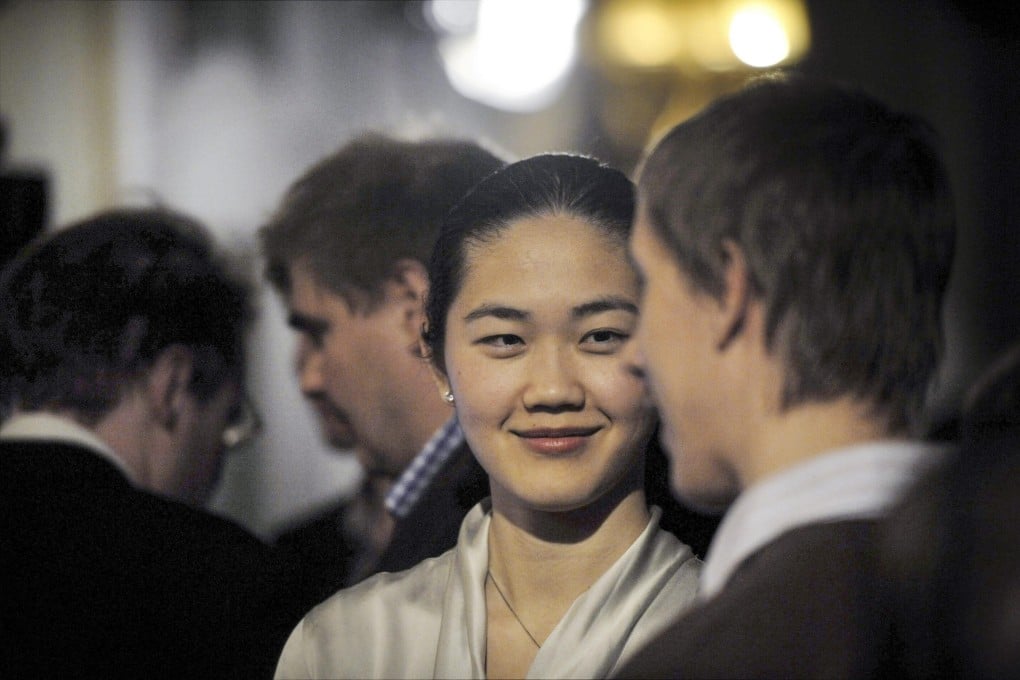A fight to the Finnish: a Chinese politician in Helsinki
Belle Selene Xia, the Chongqing-born politician who was expelled from a key position in the anti-immigration Finns Party for being too intolerant, tells Johan Nylander her side of the story

It was a cold winter's day 17 years ago when nine-year-old Belle Selene Xia stepped off a plane and first set eyes on the Finnish capital, Helsinki. Three days later, the little girl from Chongqing, saw snow for the first time.
She did not know this Nordic country would become her home and she certainly couldn't have imagined that she would marry a Finn, receive a PhD from a Finnish university and give birth in Finland (her second child is on the way). She also had no inkling that she, an immigrant herself, would one day join the country's leading anti-immigration party - and then be hounded out for being "too intolerant".
been brainwashed that democracy is always good, that freedom of speech is always good and that human rights are always good," says Xia, 26, in an interview from Helsinki, speaking English with a thick Finnish accent. "People think that dictatorship in Finland or Europe is negative. But I think that if you have a good leader, an honest and moral leader, a dictator in power, then that person would have much more freedom and power to do good for the people than other political systems would allow."
Statements such as that would cut short a political career in many places across Europe but, even though Xia was warned her criticism of democracy could harm hers, it wasn't those views that landed her in trouble with the Finns Party (previously called the True Finns), of which she was a member, and made her a target for anti-Chinese and anti-immigrant abuse.
Around the turn of the year, Xia, then a deputy Helsinki city councillor, went head-to-head with a local human rights organisation that had organised a seminar on the spiritual movement Falun Gong. The Chinese authorities systematically harvest the organs of living practitioners of the movement, the group claims.
In an e-mail exchange with the group, Xia hit out at the Falun Gong, which is banned in the mainland. As the dialogue became heated, Xia is reported to have written, "A person whose goal is to destroy China and bring down the Chinese government is a traitor and deserves to die!"
Not long after that outburst, Xia was expelled from the True Finns' council group.